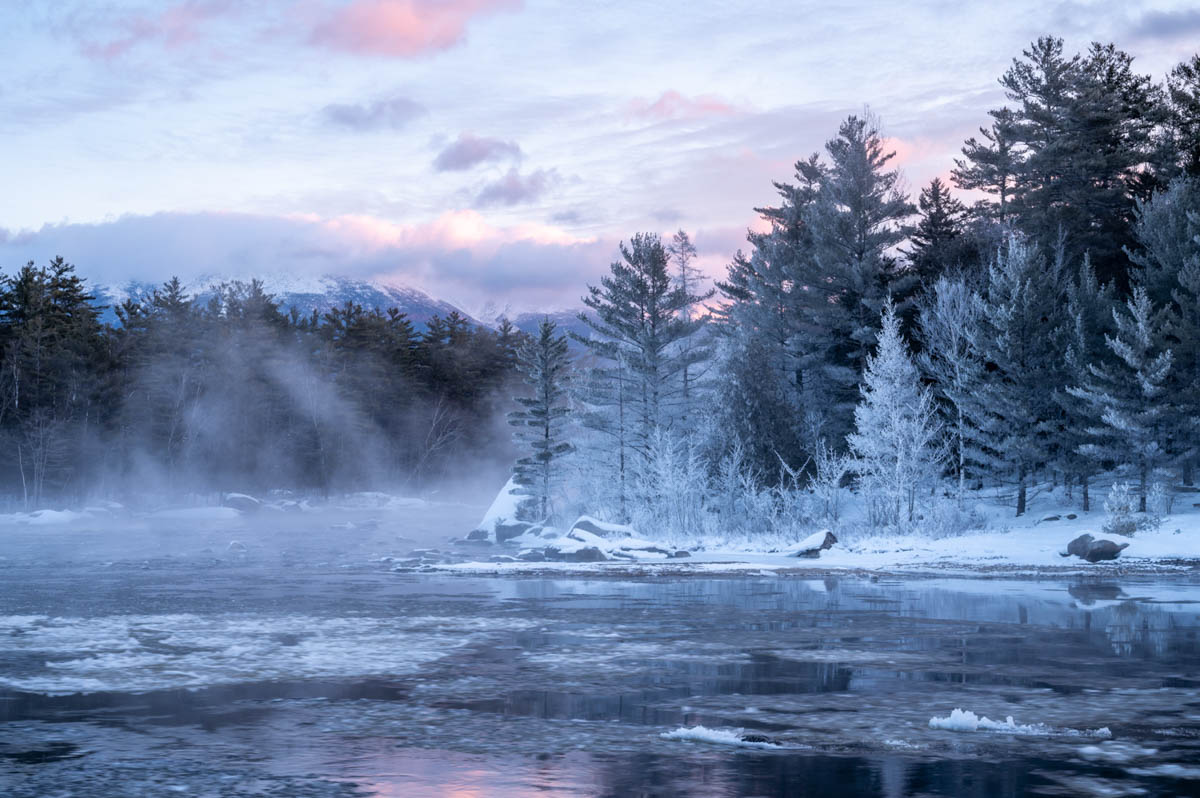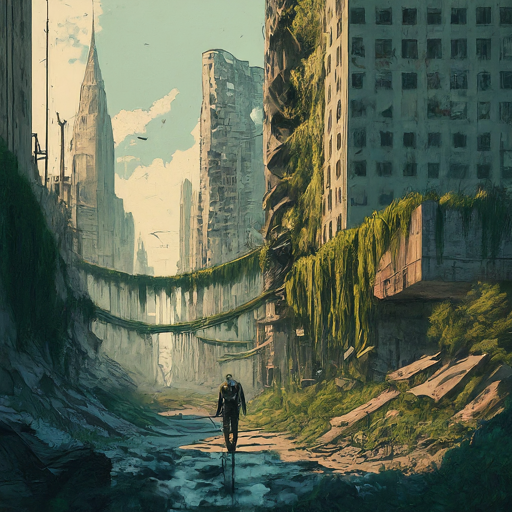
My original idea for this post was to look 5-10 years ahead and talk about where I hoped to be and live in a happy, fantasy future for a few minutes, which often makes me feel good and hopeful about my current situation, but as I reread The Happiness of Pursuit by Chris Guillebeau, one paragraph in the book changed what I wanted to write. This excerpt was written by John Stuart Mill, more than 160 years ago, reflecting on the fleeting sense of happiness:
“Supposed that all your objects in life were realized; that all the changes in institutions and opinions which you are looking forward to, could be completely effected at this very instant: would this be a great joy and happiness to you” And an irrepressible self-consciousness distinctly answered, “No!” At this my heart sank within me: the whole foundation on which my life was constructed fell down. All my happiness was to have found in the continual pursuit of this end. The end had ceased to charm, and how could there ever again be any interest in the means? I seemed to have nothing left to live for.
Well, Mr. Mill, that seems a bit bleak, don’t you think? Nothing to live for? So, I asked myself the same questions, what if everything I wanted could be achieved and laid at my feet at this current moment? Surprisingly, my answer was also a resounding “No!”. Why is that? Mainly, because the things I want aren’t things at all, but rather experiences. For example, my big three, the top things I want to accomplish over the next 5-10 years (although I hope it doesn’t take that long), is to thru hike the Appalachian Trail, build my own tiny house / cabin, and save up / invest a large sum of money. Let’s look at each one separately:
- Thru hiking the Appalachian Trail: If someone were to miraculously hand me a certificate that said I had completed the trail, and I somehow walked the whole thing in a single second (just play along, it was supposed to be everything I wanted), I would have no recollection of the hardships and the friendships I made along the way (because there weren’t any, I didn’t do the work). For me, the point of a thru hike isn’t to get from one end to the other as fast and efficiently as I can, otherwise I would drive or fly. It is about experiencing the highs and the lows, overcoming challenge, and growing as a person.
- Build my own Tiny House: There are many things I like about the idea of building my own house. I would get to design it exactly how I want it, I would save money by doing the labor myself, I can do it more sustainably using lumber sourced off my property, and I would learn how to fix any problems with the house if any arise in the future. The last reason, learning how to build and fix the house, is why I want the experience. Yes, it’ll save money if I do it, and yes I can design it how I want, but if someone was to magically give me the house right now I could have it the way I want and for free, but I wouldn’t know the ins and outs like I would if I built it. The experience I would get from framing a house could also come in handy with building other buildings on the property in the future.
- Investing and Saving Money: Most people would see this and say, “Well, why can’t someone just give you a lot of money and you’d be happy?” They could, and I would most likely be very happy to have a large sum of cash dropped at my feet (so long as it wasn’t connected to the Mafia), but that is only half of what I want. What I really want is to keep that money for a long time (i.e.. saving and investing). If you were somehow able to stumble upon unlimited money, what would you do with it? Probably buy a new house, a couple new cars, maybe a new house for your parents or kids, I mean why not, the money is infinite. However, you don’t learn good ways to save money and be frugal, I like the challenge of being limited by a budget. Often great art is made not by complete freedom, but rather by self imposed rules that the artist has to figure a way to create around. Also, with that much money, you’d probably hand it over to a professional to invest for you. I enjoy the process of learning about the stock market and different ways to invest, if I gave my money to someone to do it for me I’d probably never have to worry about it again, but I also wouldn’t learn. Plus, money you are given and didn’t “earn” doesn’t hold the same meaning or value (not literally, a $1 dollar bill is still worth $1).
This hardly seems like nothing to live for. I think what John was missing 160 years ago, was that there is enjoyment in the process. As you can see, I am not interested as much in the end product as I am the journey to get there. The goal is more of an anchor, something to focus my energy towards. It also has the added benefit of being something I do want to achieve, but learning along the way makes it all the better. This made me realize that I enjoy the work. Even when I played a lot of video games when I was younger, I enjoyed sitting and collecting resources for hours to be able to buy the next level of armor or to level up my character. Now I can look at real life the same way. In the process of striving for my goals, my “character” (that’s me) is gaining experience and leveling up. The point of a video game isn’t to rush to the end, it is to go on an epic journey fighting dragons or eating mushrooms and saving a princess from a giant turtle (It’s-a-me!).
So, John Stuart Mill, let’s not be too hasty here. There is still plenty to live for, even if reaching your goals isn’t what you want. That may turn a few worlds upside down, but as I sat pondering it, I realized it didn’t actually change anything. I would still pursue the same goals and be just as upset to not reach them. For me life isn’t about having a long list of things I accomplished. It’s about having many memories, good and bad, that can help me moving forward. Always improving and becoming a better me. Hopefully this includes a lot of joy and fulfillment along the way.
So, the question is – Do you want all of your problems to be solved? I think the answer is no, not all of them. Some problems, yes, anything causing you so much anguish it prevents you from focusing on anything else, but not all of them. Without problems there would be no opportunity for growth. It seems counter intuitive that you would want hardship, but the most growth comes from the hardest problems. Similarly, failures lead to more successes. Both allow you to gain confidence and knowledge through the journey. The bigger the roadblock you overcome the smaller the next one will seem.
We should strive to face challenges head on rather than run away from them. If you have the opportunity I recommend actually taking on more challenge. Start with something simple and gradually build up. Facing challenge is like training a muscle, you’ll get stronger over time and soon the ones you were facing a year ago won’t seem like much of a challenge at all.




